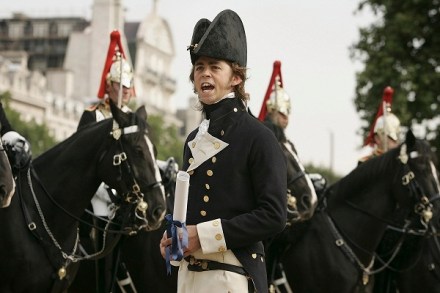Wild, wild times
There are, I believe, only two jokes in Diarmaid Ferriter’s latest voluminous tome: one, citing Liam Cosgrave, sometime Taoiseach, considered a rather dull character, who apparently said that ‘the Jews and the Muslims should settle their differences in a Christian manner’ (which is almost as insightful as the Tyrone newspaper which once carried the headline: ‘Catholics and Protestants unite against ecumenism’). The second is a quotation from a woman in Sandy Row, in deeply Loyalist Belfast, expressing her distaste for a United Ireland with the words ‘Dublin would have us practising celibacy on the streets’. There is no reason for a historian to entertain humorously, and Diarmaid Ferriter, Professor of













